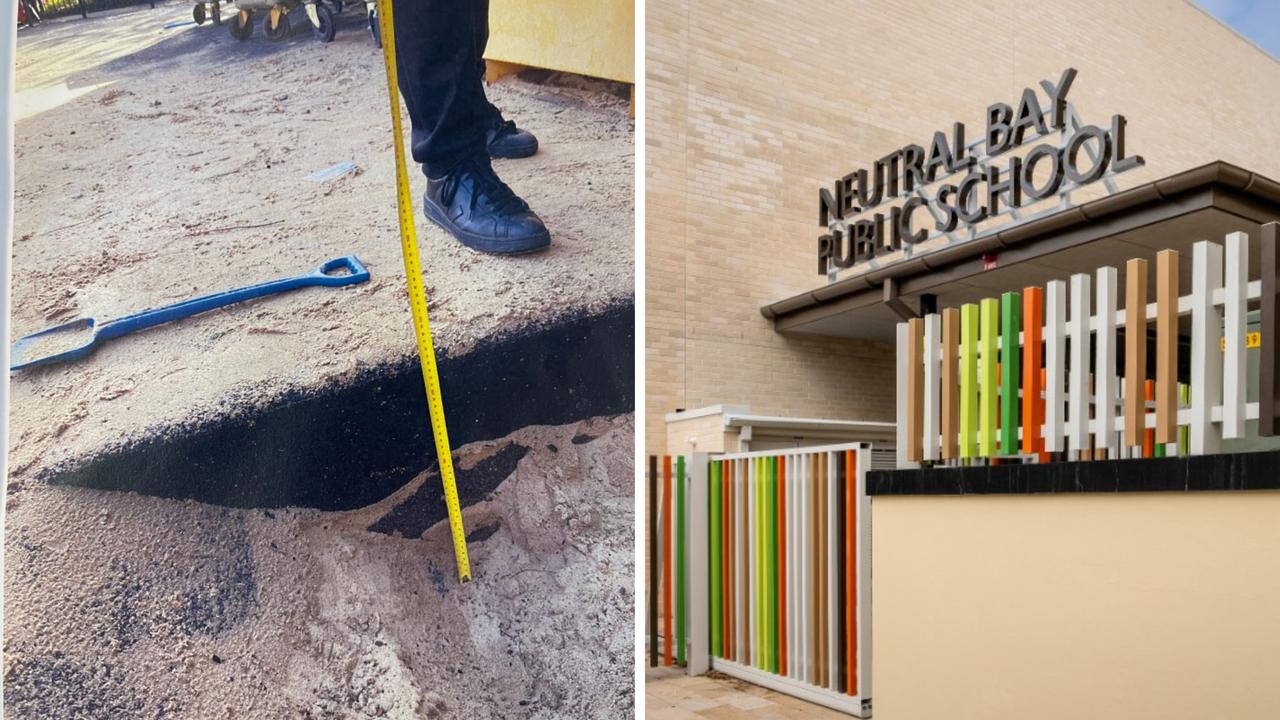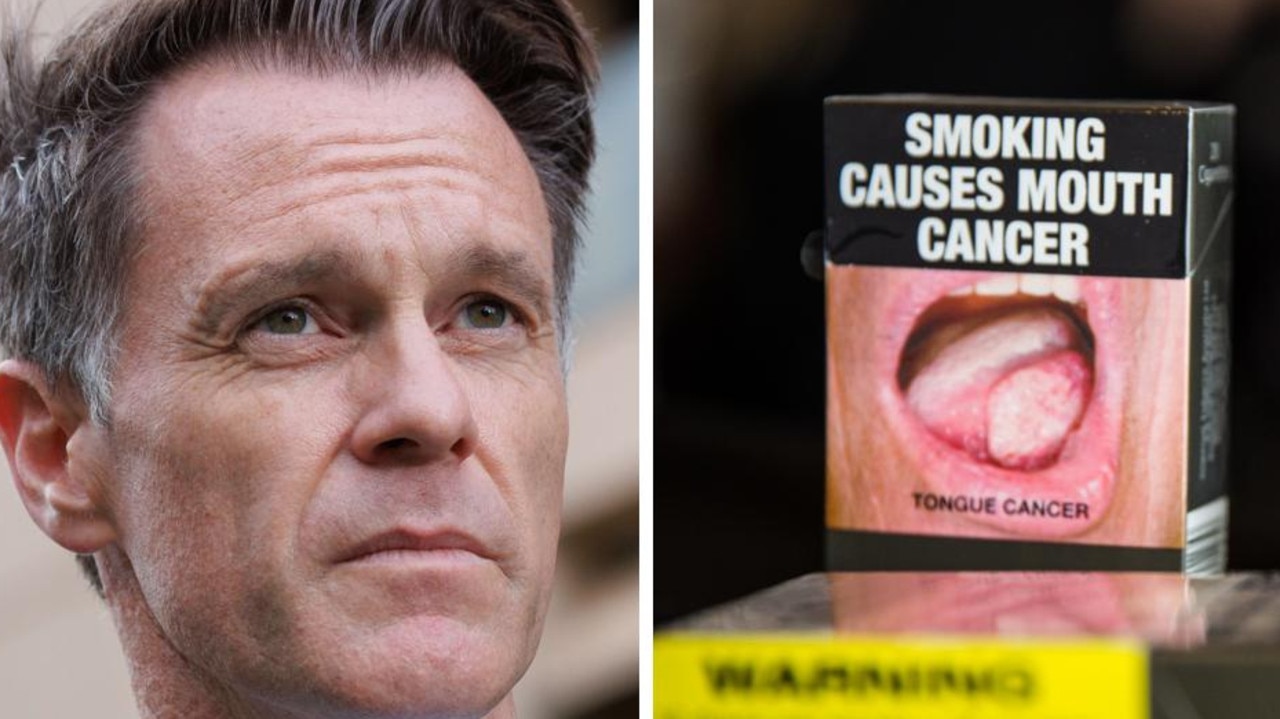‘Even if I die I will tell the truth’: Afghan tells court he was ‘witness’ to brutal SAS murder
An Afghan villager says he is willing to die telling the truth about the day he says he saw his innocent relative brutally murdered.
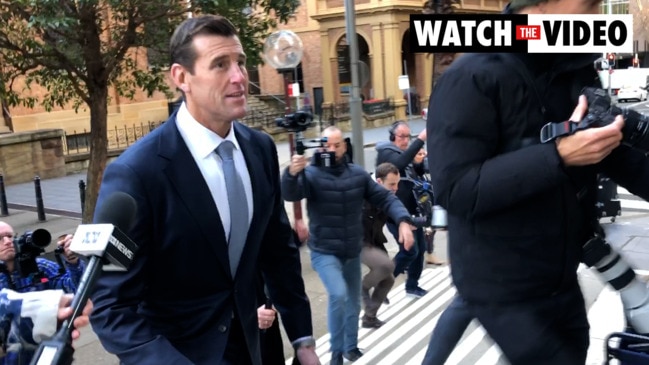
An Afghan villager has told a court he will die telling the truth – that he witnessed his innocent relative being kicked by a “big soldier” from Australia’s elite SAS shortly before the detained man was executed.
Mohammed Hanifa Fatih finished giving evidence in the defamation trial of Ben Roberts-Smith on Wednesday afternoon, where he denied he was seeking money for his testimony.
The Afghan had been called to testify by Nine newspapers who claim Mr Roberts-Smith killed Mr Hanifa’s step-uncle Ali Jan in their village of Darwan in 2012.
Roberts-Smith is suing Nine for defamation over their allegations he killed six unarmed Afghans while deployed. He claims the allegations are false.
Nine claims Mr Roberts-Smith kicked Ali Jan off a “cliff” into a dry creek bed below before the SAS ordered an Afghan soldier to shoot Ali Jan dead.
Mr Hanifa faced extensive cross-examination by Mr Roberts-Smith’s barrister, Bruce McClintock SC, who said the Afghan farmer had been promised money for his testimony.
“You know the only way you’ll get compensation – a payment of money – is by telling your version of what occurred in Darwan that day,” Mr McClintock said.
Mr Hanifa denied that, saying he never spoke to Afghanistan’s human rights investigators and the only compensation offered to him was bus fare to give evidence to an inquiry.
He said he had never given evidence about the Darwan raid until now.
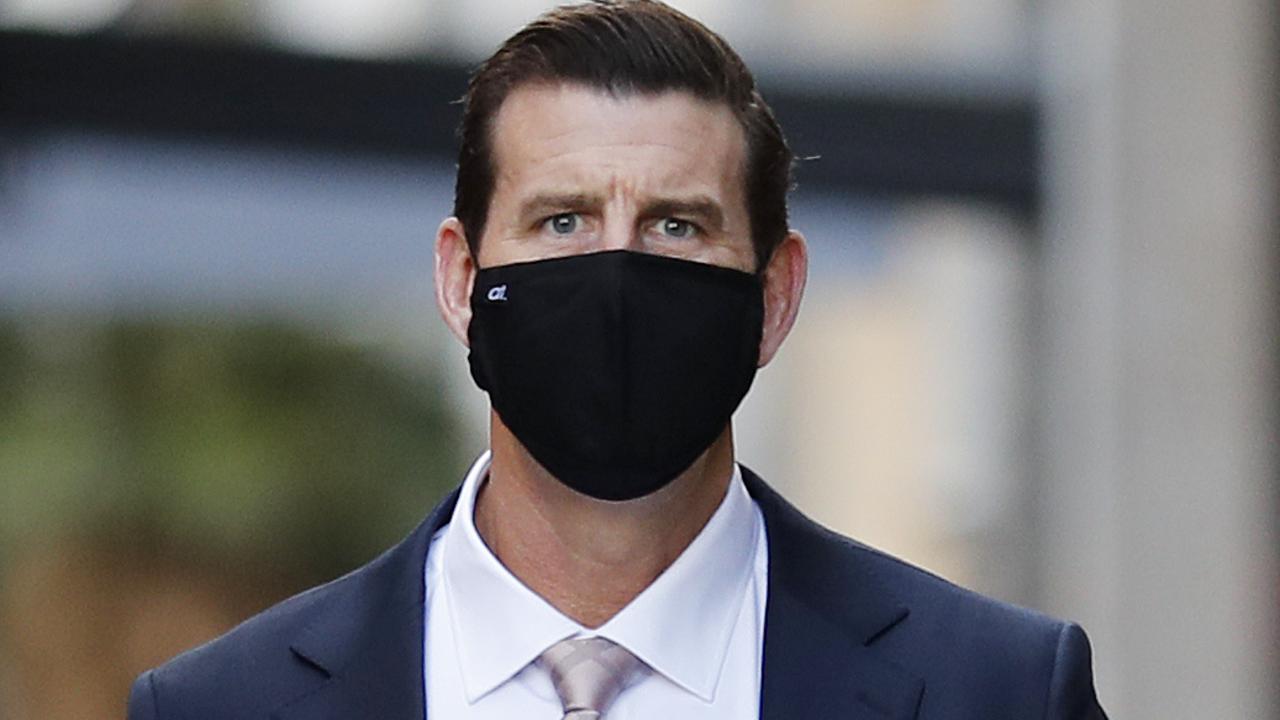
Mr McClintock spent the morning questioning Mr Hanifa’s claims he was with Ali Jan the morning SAS troops came into Darwan and detained them.
The villager had told the court he saw a “big soldier” with “blue eyes, maybe brownish” kick Ali Jan down into a creek bed. He later found Ali Jan shot dead in a nearby Orchard, he said.
The barrister suggested Mr Hanifa was promised compensation if he told a court he was related to the dead man.
Mr Hanifa denied that, saying “I am a witness, I am a witness” repeatedly and adding that he grew up with Ali Jan.
Mr Hanifa knew, Mr McClintock claimed, the compensation would only be paid if Ali Jan was not a Taliban fighter.
Mr Hanifa, speaking through an interpreter, fervently denied any suggestion Ali Jan was “a Talib”.
“I’m not afraid of anybody, even if I die I will tell the truth – this is the Pashtun custom,” he told the court.
“This is the law. If you witness a crime you have to testify about it. Even if someone wants me to go to Australia, or the US or any country in the world – I will testify Ali Jan was a labourer, a labourer, a labourer.”

Mr Roberts-Smith has denied he killed any unarmed prisoner in Afghanistan.
He said a man did die in the tree-lined cornfield near the dry creek bed – but that person was a Taliban spotter shot dead by another SAS soldier.
Mr Roberts-Smith said he also shot at that man who was found with a Taliban radio on his body.
Mr Hanifa said Ali Jan was not a Taliban member and never carried a Taliban radio.
He said those items were planted on Ali Jan’s body – a claim Mr Roberts-Smith has denied.
The Afghan witnesses will continue to give evidence through the week.
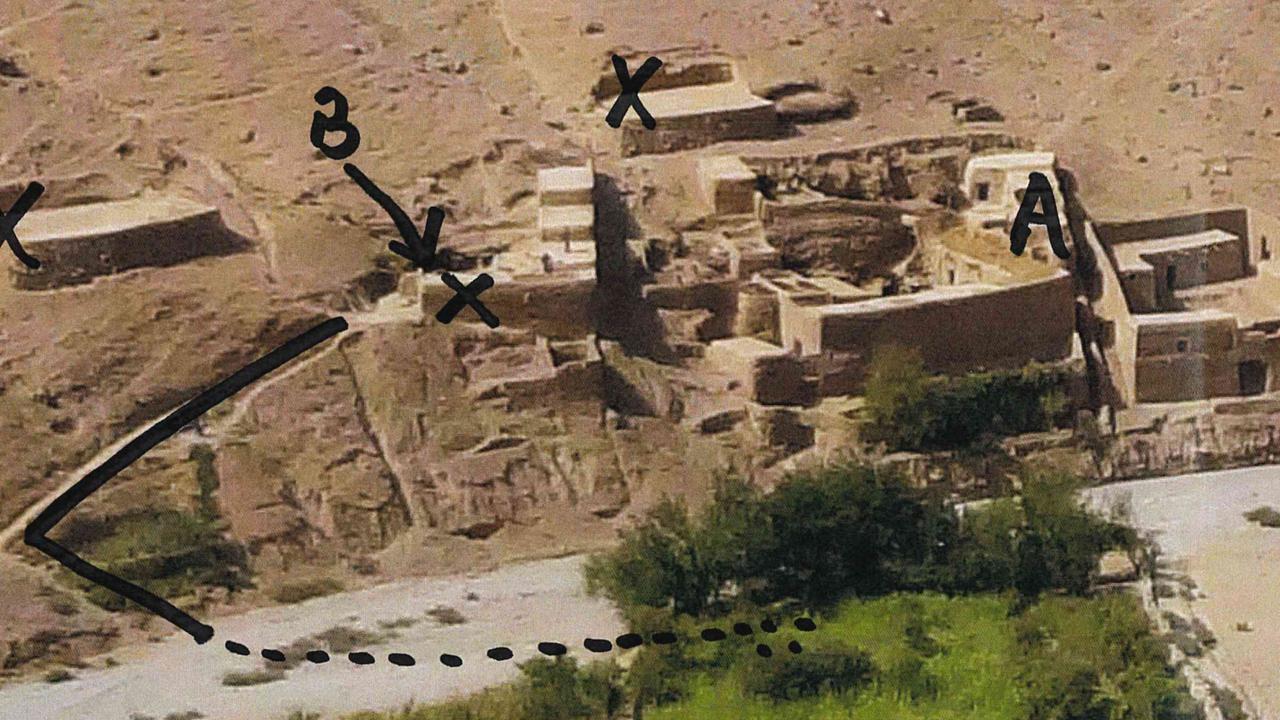
Earlier, Mr Roberts-Smith’s lawyers pushed for the full trial to resume despite Sydney’s coronavirus outbreak, saying Nine needed to face a “day of reckoning” for allegations against the SAS veteran.
The trial was delayed last month after Sydney’s coronavirus outbreak rendered the city off-limits for many of the important witnesses who live in Queensland and Western Australia.
SAS veterans who served alongside Mr Roberts-Smith in Afghanistan are top of mind, as many live in his home state of WA, where the SAS is headquartered.
They are expected to testify both for and against Mr Roberts-Smith.
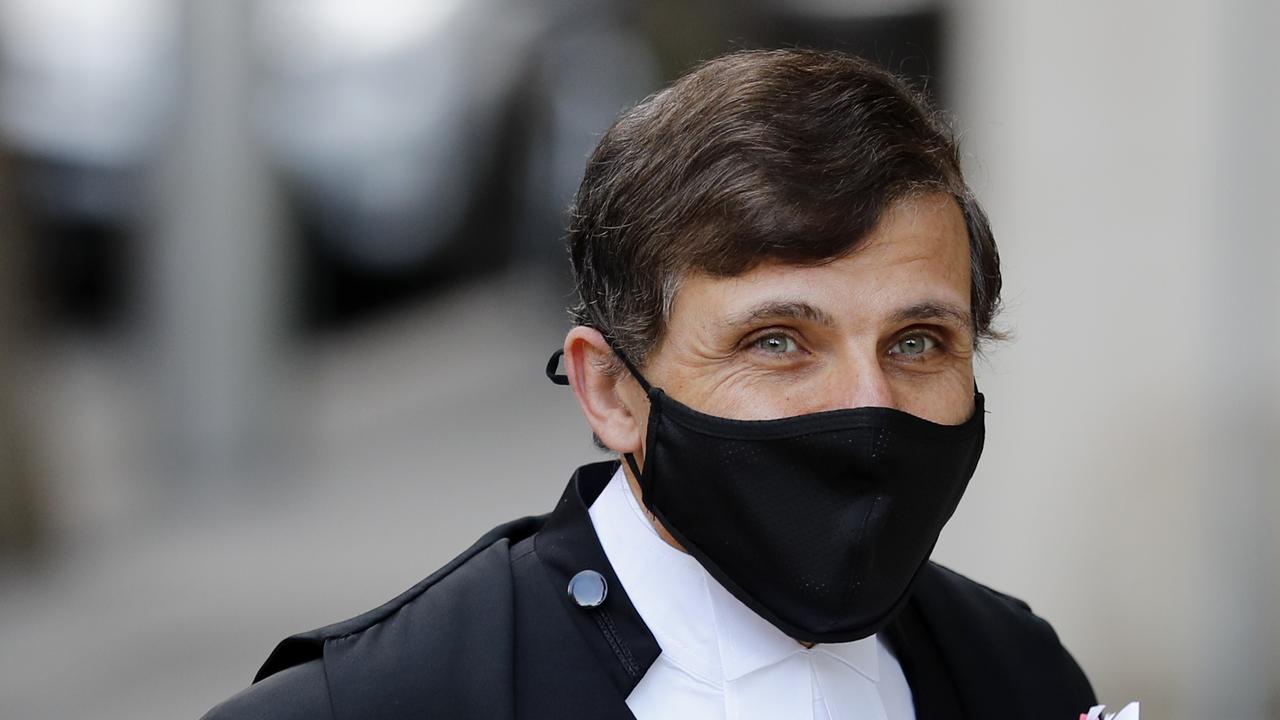
Mr Roberts-Smith’s other barrister, Arthur Moses SC, called on the court to order the soldier’s SAS enemies to front up and be ready to give evidence from November 1.
Mr Moses said his client had endured years of accusations “thrown around like confetti”, with fresh articles emerging from Nine as recently as Tuesday.
“(Mr Roberts-Smith) cannot continue to be treated as a human piñata,” Mr Moses told the court.
“There has to be a day of reckoning for these allegations.”
Nine this week published articles showing an image of Mr Roberts-Smith in Afghanistan bearing a “Crusader’s Cross” on his fatigues.
The Department of Defence, Nine claims, edited out the Christian insignia before releasing the photograph to the media.
The newspapers published the opinions of experts who said it was morally wrong to wear a crusader symbol while deployed in the Middle East because it referenced the invasion of Muslim lands by European Christians centuries ago.
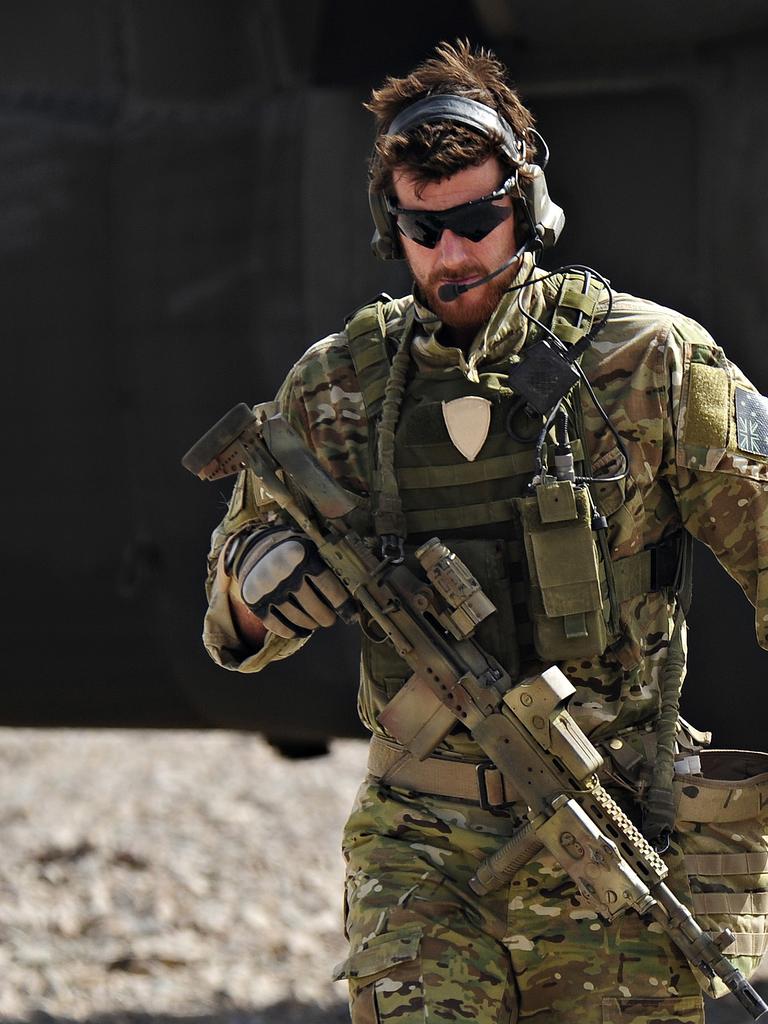
Mr Moses said witnesses who have chosen to testify against Mr Roberts-Smith might simply have to pay the price of quarantining when they return to their home state so the trial could continue.
Nine’s barrister, Nicholas Owens SC, warned if he could not call his witnesses Nine would suffer an unfair trial.
Justice Besanko flagged that the court would resume in some fashion on November 1 and confirmed it would be in Sydney.
Witnesses who cannot attend, because the quarantining would cause them hardship, would need to alert the court long before that date.
The courts are considered essential services and have continued to operate, albeit with significantly fewer in-person appearances, throughout the Delta outbreak ravaging Sydney.

